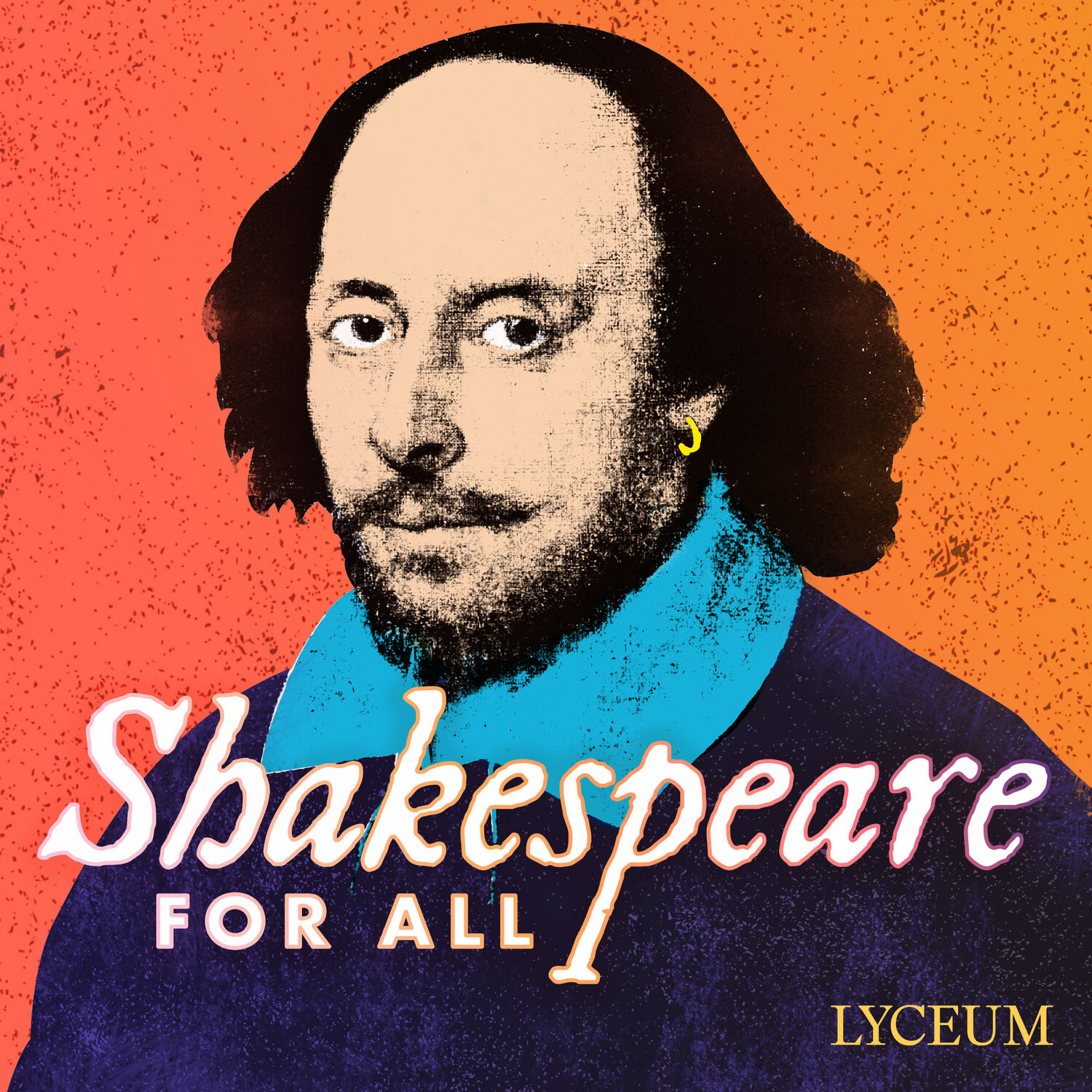As You Like It
“WHAT SHALL I CALL THEE?”
What You'll Learn
The story of As You Like It and the play’s structure and literary context
The ways that Shakespeare uses literary traditions and performance practices to explore questions about gender and identity
The relationship between the play’s non-traditional structure and its values of balance and openness
Course Outline
Episode 1 - As You Like It: The Story and the Context
Episode 2 - As You Like It: The Traditions and the Questions
Episode 3 - As You Like It: The Language
Works Consulted for this Course
Garber, Marjorie B. Shakespeare After All. New York: Pantheon Books, 2004.
Howard, Jean E. “Introduction,” As You Like It, in Shakespeare, William. The Norton Shakespeare. Edited by Stephen Greenblatt, Walter Cohen, Suzanne Gossett, Jean E. Howard, Katharine Eisaman Maus and Gordon McMullan. 3rd ed. New York: W. W. Norton & Company, 2016.
Shakespeare, William. As You Like It. Edited by Jonathan Bate and Eric Rasmussen. The RSC Shakespeare. New York: Random House Publishing Group, 2007.
Snyder, Susan. “As You Like It: A Modern Perspective.” Folger Shakespeare Library. <https://shakespeare.folger.edu/shakespeares-works/as-you-like-it/as-you-like-it-a-modern-perspective/>
As You Like It is one of Shakespeare’s most beloved romantic comedies. It is also his most daring exploration of sex, gender, and identity. In the Forest of Arden, Rosalind flips the script of romantic convention and pursues the man she loves — while she is disguised as a man. In this course, you’ll learn the story of As You Like It, unpack the complex games it plays with gender and performance, and hear the play’s key speeches performed and analyzed by world-class Shakespearean actors and literary scholars.
In Part 1, you’ll be guided through a detailed account of the story with commentary by Dr. Will Tosh, research fellow and lecturer at Shakespeare's Globe in London. Dr. Tosh discusses the significance of the play in Shakespeare’s career and of the way that Shakespeare’s company first performed it. This summary is told using the language of the play itself, placing key quotations in context to help you understand where these lines come from and what they mean.
Part 2 addresses the play's central questions by examining its structure, literary context, and main characters. With Dr. Tosh, you’ll discover how Shakespeare blended different literary traditions to create the exploratory space of Arden, to investigate questions of identity, gender, and same-sex desire, and to afford his characters new kinds of freedom. You’ll explore the play’s performance history and the questions it has always raised around gender roles, and learn why Rosalind carries out her courtship in her male disguise.
In Part 3, Dr. Tosh offers close-readings of some of the play’s most significant scenes. You’ll discover how a seemingly “wise” speech can actually be foolish and why Rosalind’s apparently foolish games contain a lot of wisdom, and see how the play opens up the question of who “Rosalind” actually is.
You can hear the third episode of this course for free below. For the full course, subscribe today on Himalaya Learning. Use the promo code SHAKESPEARE for 14 days free.
Episode 3 - Speeches and Performers
Jaques, 2.7, “All the world’s a stage …” (Anton Lesser)
Rosalind and Orlando, “Now tell me how long you would have her …” (Amanda Harris)
Rosalind, Epilogue (Amanda Harris)
Course Instructor
Dr. Will Tosh
Lecturer and Research Fellow at Shakespeare’s Globe, London
Dr. Will Tosh is Lecturer and Research Fellow at Shakespeare’s Globe, London. He coordinates the Globe’s on-going Research in Action series of public workshops, and he led the Indoor Performance Practice Project (2014-16), which examined playing in the candle-lit Sam Wanamaker Playhouse. This project was the basis of his second book, Playing Indoors: Staging Early Modern Drama in the Sam Wanamaker Playhouse (Bloomsbury, 2018). Dr. Tosh also researches the rhetoric and application of Renaissance theories of ‘perfect’ friendship, the subject of his first book, Male Friendship and Testimonies of Love in Shakespeare’s England (Palgrave Macmillan, 2016).



